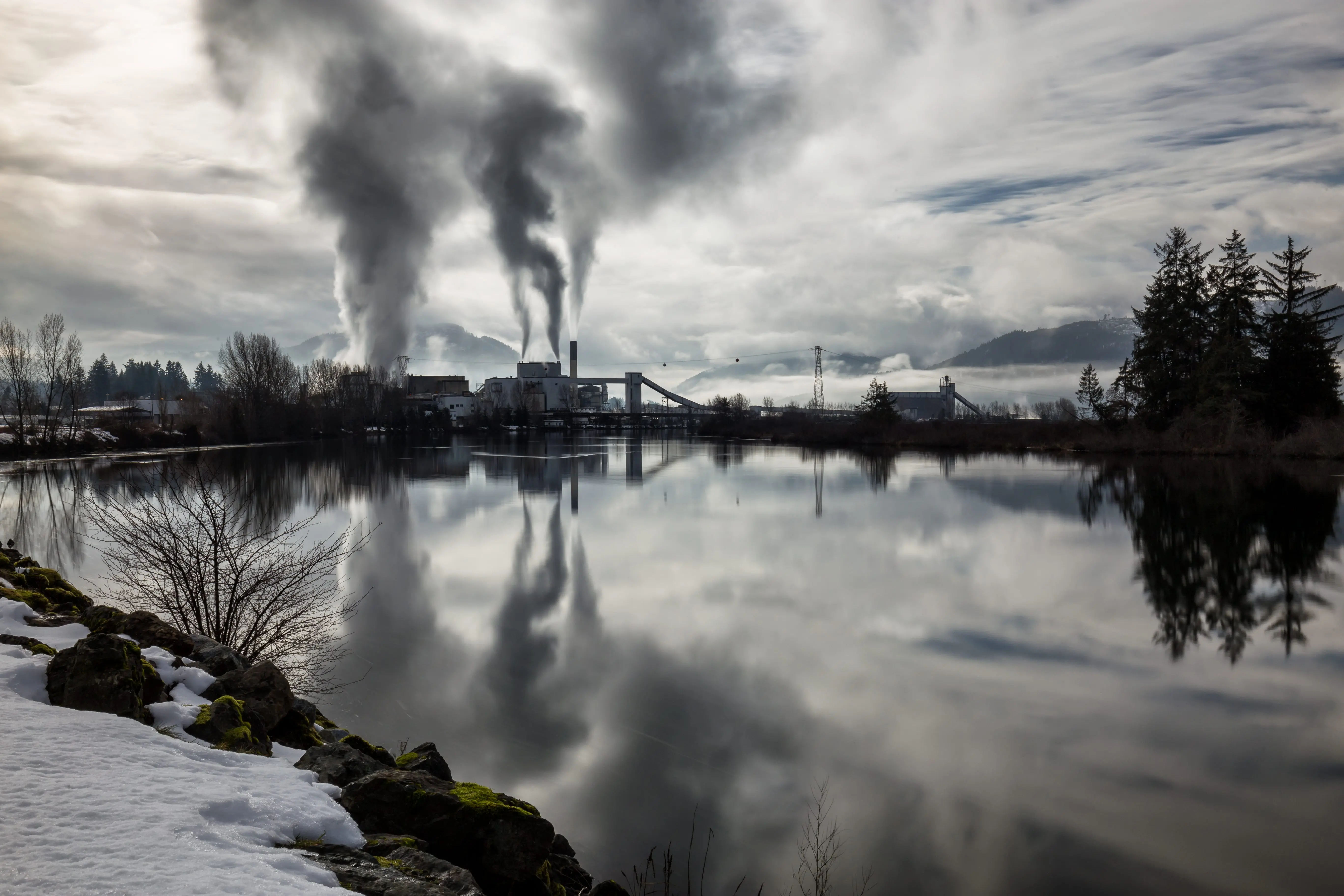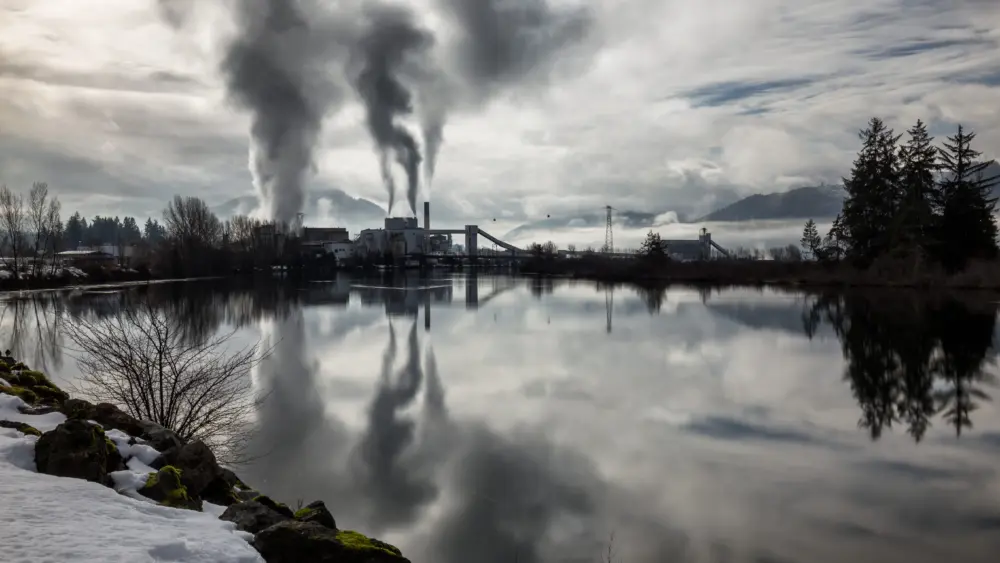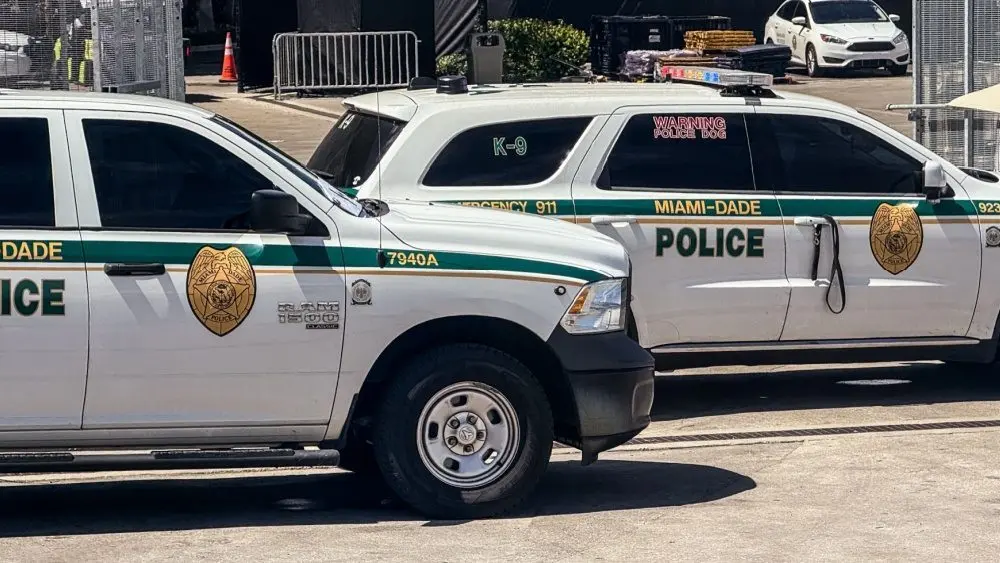
A new lawsuit has been filed against the Washington Department of Ecology and the Department of Commerce after both agencies allegedly violated state law by failing to publish greenhouse gas emissions data for 2022 and 2023, data that is crucial to evaluating the state’s progress toward its climate goals.
The suit, brought by the Washington Policy Center (WPC), State Senator Nikki Torres (R-Pasco), and State Representative Mary Dye (R-Pomeroy), accuses the agencies of hiding information the public is legally entitled to see. The case, Torres et al. v. Ecology and Commerce, was filed in Thurston County Superior Court earlier this month.
“They admit they’re breaking the law, they just don’t want anyone to hold them accountable."@WAPolicyGreen on lawsuit against Depts of Ecology & Commerce after agencies allegedly violated law by failing to publish emissions data crucial to evaluating state’s climate goals pic.twitter.com/Lig4CsCzS7
— Ari Hoffman 🎗 (@thehoffather) October 17, 2025
On The Ari Hoffman Show on Talk Radio 570 KVI, WPC Vice President of Research Todd Myers explained how the state’s lack of transparency violates both the law and the public trust.
“Earlier this year, when the state was supposed to publish data through 2023, they only published it through 2021,” Myers said. “That means we really don’t know how Washington is doing in terms of its climate policies.”
Myers said WPC first sued earlier this year to force the Department of Ecology and Department of Commerce to comply with state law under RCW 70A.45.020, which requires updated greenhouse gas data every two years. “They both admitted that they were in violation of the law,” Myers said. “But then they said, ‘You don’t have standing. Only the legislature can hold us accountable.’”
In response, WPC joined forces with lawmakers to refile the case — this time eliminating the state’s main legal defense. “They admit they’re breaking the law,” Myers said. “They just don’t think anyone has the authority to do anything about it.”
Since the launch of Washington’s Climate Commitment Act (CCA), the state has collected more than $4 billion in new carbon-related taxes and fees. But Myers said there’s little evidence those dollars are achieving measurable reductions in emissions.
“Over 90 percent of that money is going to nonprofits and administrative projects that have nothing to do with actually cutting carbon,” Myers told Hoffman. “The state won’t release the data because it shows how ineffective and expensive these programs really are.”
Washington’s official goal is to reduce carbon emissions 45 percent below 1990 levels by 2030, but according to Myers, that’s becoming increasingly unrealistic. “To meet that target, it would require emissions reductions equivalent to three COVID shutdowns in just the next five years,” he said. “We’re not going to meet that, and if we did, it would cause an economic shutdown.”
Myers noted that Washington did technically meet its 2020 emissions goal, but only because of the pandemic lockdowns that shut down much of the economy. “As soon as things reopened, emissions jumped back up in 2021,” he said. “Early indications are that emissions went up again in 2022 and 2023. That’s what they don’t want people to see.”
The state’s current timeline to publish that missing data, at the end of 2026, would make it impossible for lawmakers or the public to assess the effectiveness of Washington’s climate strategy before the next major policy deadlines.
“They are intentionally delaying,” Myers said. “They don’t want to show that their system is broken. They want to create a crisis to justify more extreme policies rather than admit what they’re doing isn’t working.”
The new lawsuit argues that Ecology and Commerce violated RCW 70A.45.020, which requires the agencies to “release the state’s total greenhouse gas emissions for the two most recent years by December 31 of every even-numbered year.” Instead, the most recent report includes data only through 2021.
“The public paid for this data,” Myers said. “Taxpayers have a right to know if their money is achieving results. If the state is truly committed to transparency and fighting climate change, then they should prove it, by releasing the data they already have.”







